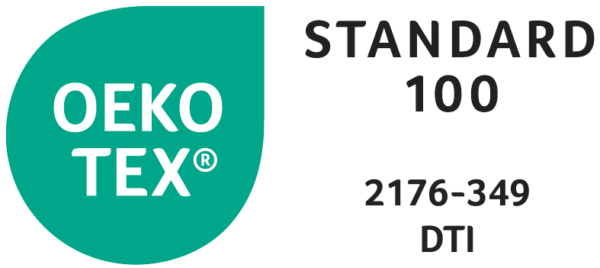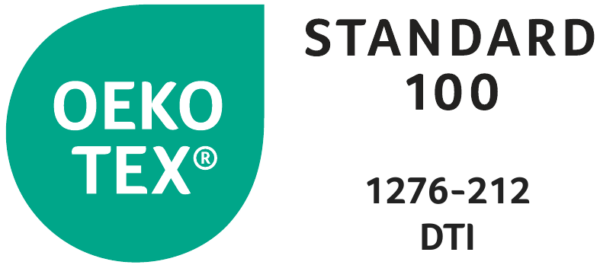Fiberpartner
Stay up-to-date with Fiberpartner news.
First ever biodegradable bi-component (BICO) fibres combine the best qualities of two different polymers to enable innovative new uses. This material, a modified version of low-melting polyester, is utilized for adhesion purposes. Its low melting elements are designed to melt and bond when subjected to heat processing. It’s environmentally friendly due to its ability to adhere at a relatively low temperature (around 110℃) and demonstrates remarkable capacity to retain its shape after being combined with other materials.



